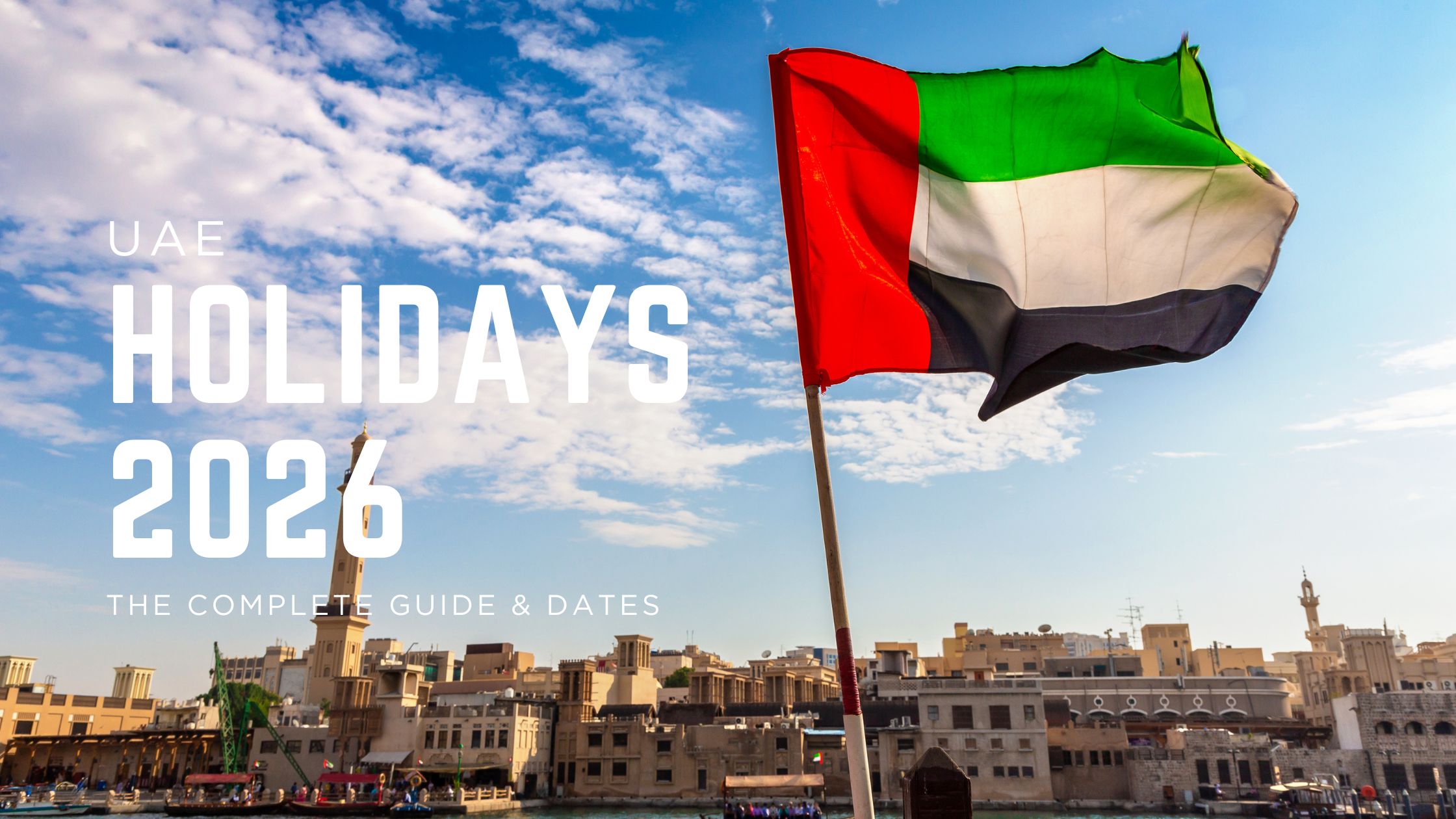Reimagining Healthcare in the Middle East: From Cost Center to Growth Engine

Healthcare is no longer just about hospitals, insurance, or prescriptions. In the Middle East, it’s becoming a dynamic ecosystem of innovation, investment, and impact — one that’s critical to both national well-being and economic sustainability.
As regional economies pivot away from oil dependency, healthcare is moving from the sidelines to the spotlight. From smart hospitals to AI-powered diagnostics, the industry is being reshaped by digital tools, public-private partnerships, and consumer expectations that are higher than ever.
Here’s how the region is reimagining healthcare — not just as a public service, but as a strategic growth sector.
- The Region’s Healthcare Transformation Is in Full Swing
The GCC countries — particularly Saudi Arabia, UAE, and Qatar — have committed billions to overhaul healthcare infrastructure, regulations, and access. The focus is clear:
Quality over quantity
Prevention over treatment
Digital over paper-based systems
Private sector participation over public-only models
💡 In Saudi Arabia, over 290 hospitals and 2,300 primary care centers are in the pipeline for privatization by 2030.
💡 The UAE aims to become one of the top 10 healthcare systems globally, investing heavily in smart healthcare and biotechnology.
- Technology Is the Biggest Disruptor
Digital transformation in healthcare is no longer a “pilot project” — it’s the operating system of the future.
Key trends include:
Telemedicine platforms with real-time diagnostics
AI in radiology, pathology, and early disease prediction
Blockchain for secure patient records
Wearable tech for remote monitoring of chronic conditions
Robotic surgery and smart operating rooms
Startups in MENA are now building everything from digital mental health apps to AI-based triage systems, creating a vibrant health-tech scene with rising investor attention.
- Medical Tourism: A Fast-Recovering Industry
After pandemic-related slowdowns, medical tourism is rebounding fast — especially in Dubai, Abu Dhabi, and Jordan.
Patients from across Asia, Africa, and Eastern Europe are choosing the Middle East for:
High-quality, internationally accredited care
Shorter wait times
Multilingual staff
Luxury recovery experiences
Dubai is positioning itself as the “Mayo Clinic of the Middle East,” with plans to attract over 1.5 million medical tourists annually by 2030.
- Investing in Healthcare: A Hot Opportunity
Investors — both regional and global — are increasingly eyeing healthcare as a recession-resistant, impact-driven sector.
Top investment opportunities:
Health-tech startups solving real regional problems
Private hospitals and specialty clinics
Digital insurance platforms (InsurTech)
Outpatient care and home health services
Elderly and long-term care facilities
According to PitchBook, healthcare-related VC funding in the MENA region grew by over 3x between 2020 and 2024, and the trend is accelerating.
- Challenges Remain — But So Do Opportunities
Despite the momentum, several challenges need targeted solutions:
Issue Why It Matters
Shortage of skilled professionals Heavy reliance on expatriate healthcare workers
Healthcare cost inflation Strain on public budgets and private payers
Data privacy & regulation gaps Especially around health apps, AI, and digital records
Rural/remote access Urban areas flourish, but rural areas still lag
Smart investors and innovators are tackling these head-on, turning challenges into scalable business models.
- The Future: Predictive, Personalized, Preventive
The next generation of healthcare in the Middle East will be:
Predictive — powered by data and early-warning systems
Personalized — customized treatment based on lifestyle, genetics, and preferences
Preventive — shifting from curing disease to avoiding it altogether
Governments are aligning health strategy with national productivity, longevity goals, and social stability — recognizing that a healthier population is a more competitive one.
Conclusion: Healthcare Is the New Frontier for Growth
The Middle East is proving that healthcare can be more than a cost center — it can be a catalyst for innovation, diversification, and GDP growth.
For stakeholders — from entrepreneurs to investors, regulators to hospital operators — now is the time to act. Those who build in healthcare today are not only investing in a business — they are investing in the future resilience and prosperity of the region.





